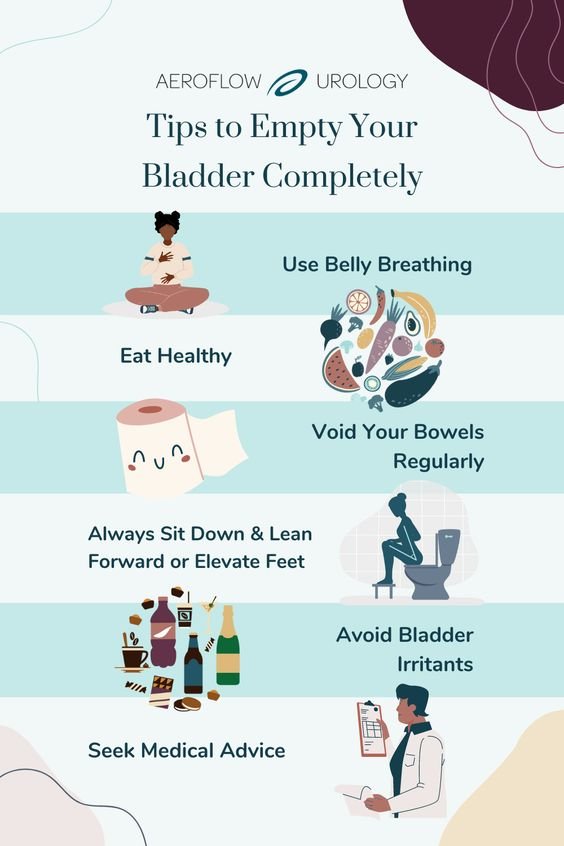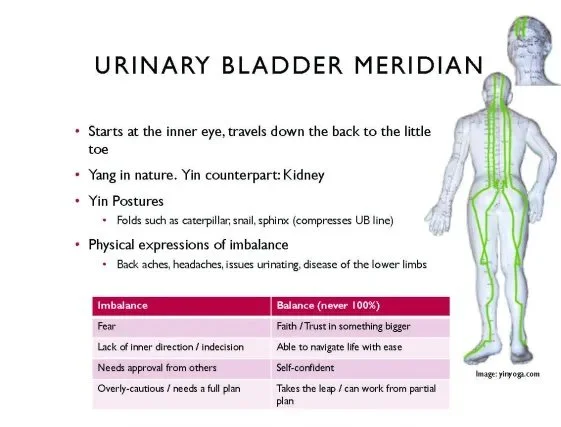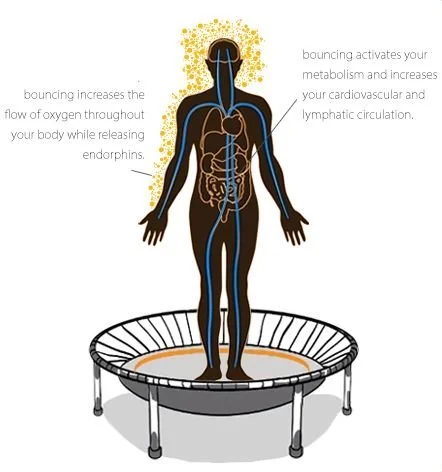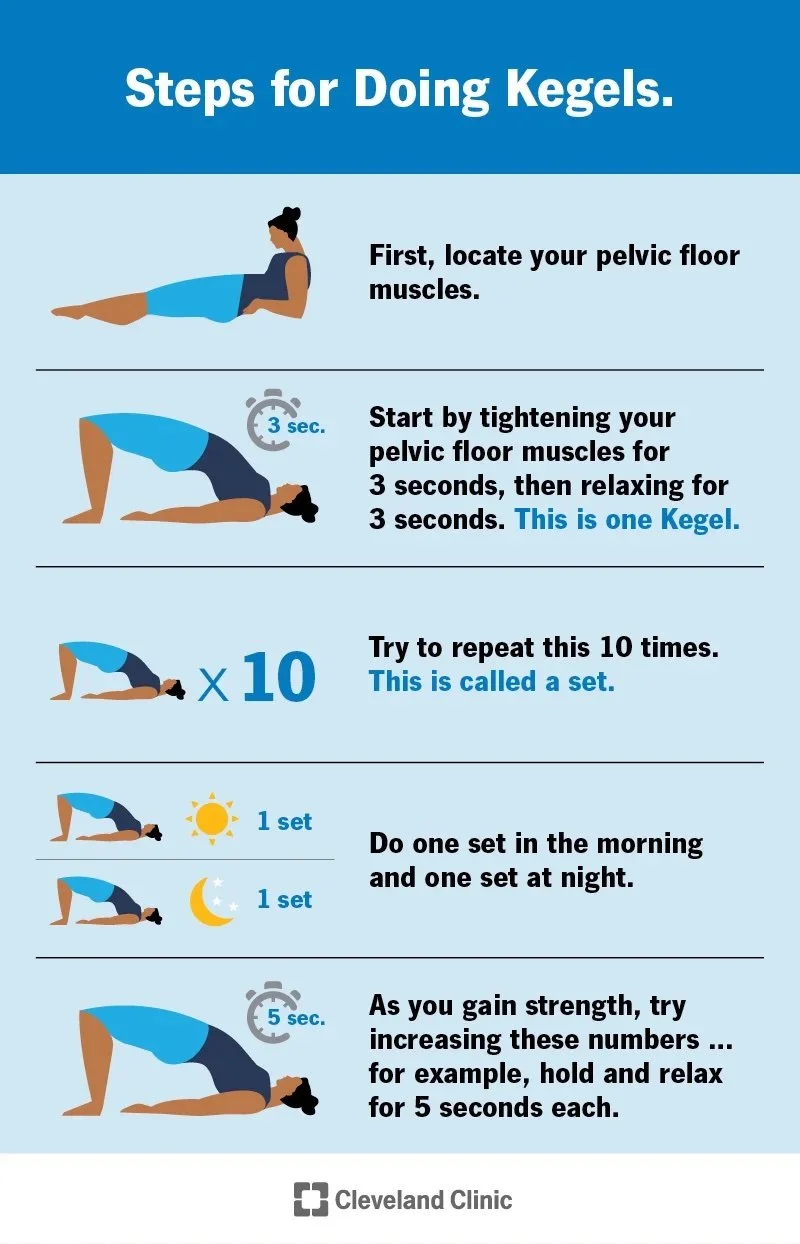Is jumping good for my Bladder?
When we jump, there is a force being applied to your internal organs and for many people (me included) this can cause the bladder to empty any remaining contents. This makes me wonder, is this a good thing to have happen?
I ask because well, this happens pretty frequently even after a compete emptying before engaging in the jumping or bounding activity, It’s like it releases any pressure that might be inside whenever I jump or bounce. So I’m on the hunt to find out more
Western Medicine Approach >
Often Urinary incontinence (UI), which is the involuntary loss of urine, is strongly associated with poor pelvic floor tone. There are many reasons why pelvic floors can become weakened, child birth being the most prominent factor, that’s what I know so let’s go deeper.
According to the Urology Care Foundation, women are at greater risk for UI than men because they have a shorter urethra than men. As a result, any weakness or damage to the urethra in a woman is more likely to cause urinary incontinence. This is because there is less muscle keeping the urine in your bladder until you are ready to urinate. (10) [s]
Other factors include Overactive bladder muscles, Nerve damage that affects bladder control, Interstitial cystitis (chronic bladder inflammation), Neurological disorders such as multiple sclerosis, stroke, or Parkinson’s disease, for men it could be an enlarged prostate, or benign prostatic hyperplasia (BPH), prostate cancer, for women it could be pregnancy, childbirth, menopause, hysterectomy.
Look further we have two main forms of UI
Stress incontinence occurs when there is unexpected leakage of urine caused by pressure or sudden muscle contractions on the bladder and
Urge Incontinence (aka overactive bladder, or OAB) occurs when a person feels the urge to urinate but is unable to hold back the urine long enough to get to a bathroom.
For the Jumping, we can say this is stress incontinence.
But again, is this a bad thing?
From this western perspective, I could only find that “This involuntary release of urine is generally considered undesirable, as it can be embarrassing and may indicate a potential issue that requires medical attention.“
I did find that “incomplete bladder emptying can lead to symptoms such as urinary tract infections (UTIs), overstretching, incontinence, and in some cases, kidney failure [s].”
But for me, I had just went to the bathroom before jumping so… how did I not know that my bladder was fully empty?
Urine comes from your kidneys every 5 to 10 seconds. The typical adult bladder can hold 300-600mL (two or three cups) of urine or the equivalent of a medium-sized water bottle. Under anesthesia, a typical adult bladder can hold up to 1000mL of urine. For people under the age of 50, 60mL of urine or less is left in the bladder after voiding.
A couple sites list some “keys to complete emptying” I’d say they are all no-brainers, there isn’t really anything more we can do besides going to the bathroom to make sure we are fully emptying.
There are some downsides to not completely emptying, including; If urine is leftover in the bladder, it can cause a lot of issues, including:
UTIs: Bacteria infect the urinary system.
Acute or Chronic urinary retention or acute urinary retention: an unable to empty your bladder.
Vesicoureteral Reflux (VUR): Urine moves backward to the kidneys, in some cases, causing kidney failure.
Bladder overstretching (hypertrophy): Bladder walls grow and become thick from too much stretching and retention.
Damaged bladder (detrusor) muscle: The muscle responsible for contraction when urinating is damaged.
Bladder infection: Bacteria from the urethra reach the bladder, causing an infection.
Overflow incontinence: The bladder overflows through the urethra to let more urine into the bladder.
Urge incontinence: Detrusor muscle becomes stressed due to excess pressure in the bladder, resulting in squeezing without awareness.
Stress incontinence: Abnormal pressure is placed on the bladder, weakening the pelvic floor muscles. Less support is given to the urethral structure, leading to leakage of urine. Common causes of leakage include sneezing, coughing, or exercising.
Conclusion:
What this western medicine research tells me is;
I have poor pelvic floor tone or I potentially have a bladder irritant contributing to my Stress incontinence. Which the remedy is more Kegle Exercises and eliminate any irritants.
It is a good thing I’m jumping to completely empty my bladder even if it is embarrassing.
Okay what’s the other side
Eastern Approach
potential Blockage in Bladder Energy Flow
Eastern Medicine Background: Depending on your level of experience with eastern medicine I’ll share some basic concepts. In Eastern medicine, individual are evaluated as a whole being, encompassing the body, mind, and spirit. It recognizes the interconnectedness of various aspects of life (body/energy systems), and see how these systems exert their effects on both the physical body and the mental/emotional self. That imbalances in one area can affect overall well-being of the whole. Health is seen as a state of equilibrium between energy systems, the flow of Qi, Yin and Yang, the 5-elements and illnesses are often attributed to imbalances or blockages in these energies.
Okay so I have something effecting my bladder.
“TCM doesn’t just look at the Bladder. It evaluates the Kidneys and any other physical, mental, and emotional body that is linked [s].”
The Bladder is one of the six yang (active) organs, which is paired with the yin (inactive) organ the kidneys. The yin organs store vital substances (such as Qi, blood, fluids), whereas the yang organs have a constant function of filling and emptying. The bladder is the perfect example of a yang since its main physiological function is to remove water/waste from the body in the form of urine. To do this, the bladder uses Qi (energy) and heat from its paired yin organ, the kidneys. Both organs are associated with the element of water and the emotion of fear.
Water Element is representative of intelligence and wisdom, flexibility, softness, and pliancy; however, an overabundance of the element is said to cause difficulty in choosing something and sticking to it. When it is unbalanced, you may experience symptoms such as: Isolation, absentmindedness, detachment, or fear. Rigid joints, weak knees, lower back because the Kidney is related to the bones, joints, and marrow. Tinnitus, ringing in the ears as Kidney opens out to the ear. Coldness due to lack of Kidney Yang. Hot flushes, hot palms, and feet due to lack Kidney Yin.[s].
side note here, I am prone to cold especially after a workout if i do not replenish energy quickly.
The bladder system in TCM has far more influence in the body than just over fluid transformation and excretion. Because the kidneys are one of the most important energy systems, they store some of our deepest levels of energy, being the root of all yin and yang in the body and hold our essence. The kidney is also traditionally understood to govern other body fluids (including tears, saliva, perspiration and the fluids that lubricate the joints). And closely associated with healthy transition through each of life’s stages, from early adulthood right through the ageing process.[s]. The kidneys often exert an effect on the bladder system when there is a weakness.
Associated with the emotion fear, means a state of excessive fear will weaken the kidneys. Warning tho as irrational fear can be a symptom of a kidney imbalance. As the bladder is linked to the kidneys, it can be used to support the kidneys in treating fear. When the bladder itself is out of balance, there may be negative emotions such as jealousy, suspicion and inability to let go of grudges.
To care for these organs, be sure to drink plenty of non-caffeinated, non-sugary beverages throughout the day. Eat a kidney-nourishing diet such as soups and stews will also help the bladder energy. To keep energy flowing optimally through the bladder meridian, make sure to stretch! The water (bladder) lines run along the backs of our legs (see image). Creating a daily stretching routine that includes stretches for the whole posterior portion of the body can help support this energy system.
In the case of urinary incontinence, this may be attributed to a sinking of Qi (the vital energy that flows through the body’s meridians/energy pathways). Qi is responsible for maintaining the body’s overall health and well-being. When Qi sinks, it means that it is not flowing properly through the body’s meridians and is accumulating in the lower part of the body, particularly the lower abdomen and pelvis. This can cause a variety of symptoms, including urinary incontinence. Eastern Medicine treatments for urinary incontinence aim to restore balance to the body's energy and strengthen the kidneys and bladder. This may involve a combination of acupuncture, herbal medicine, dietary and lifestyle changes, and other TCM therapies [s].
What this eastern medicine research tells me?
That the issue I am having with my bladder is more likely a lack of energy (Qi) in my kidneys.
That I could be holding onto fear which is causing the lack of energy and now allowing for the natural flow of emotion to run its course. I am in a huge life transition (selling and moving our home) and currently there is fear over where we are going to live, the uncertainty of our next home location.
For further insight, I consulted with an acupuncturist and she confirmed my kidney meridian was weak/ lacking energy -Qi. She administered treatment to various acu-points to support both my bladder and kidneys.
What should I do to move forward with all this info?
Me, I take a multi-faceted approach. West + East to maximize results. I already mentioned going to an acupuncturist. I have altered my diet to eliminate caffeine, sugary drinks/sodas. Those are the easy things. I have been journaling more to come to more terms with my fears and allowed more acceptable to what will be will be, and will be for my highest and greatest good.
For myself, I notice depending on where I am in my menstrual cycle and when I am not consuming any simple sugars/ quick carbohydrates, I do have more pelvic floor strength. I actually have more balance in my overall being. I am still working on my fears, trying to accept and face them to allow them to move more freely, this practice of course requires more time and compassion.
When I first came up with the idea to do this research, I took these notes: I don’t know why it holds a little bit, What emotions are stored in the bladder? What is this a sign of ? Is this actually OK to happen? Is this a sign of something more than just pour pelvic floor tone? As if I’m not doing enough Kegle’s which is what I head from my gynecologist.” So it wasn’t fear, its more the emotions of lack. Not Enough. That “I’m not doing enough” is one the thought programs, the false beliefs that is consistently running in the background of my mind. As much as I am trying to fight against it, it is still there. Maybe after this life transition I will have it beaten.
On a positive, jumping is super beneficial for lymphatic draining and supports the immune system. The engaging in a movement of up and down, you are stimulating the lymphatic channels to open which increasing circulations. The increase in circulation assists in the removal of cellular waste out and toxins of the body. Bonus points if you jump so much you break a sweat… that’s another detox pathway too. OR jump while in a infared sauna #maximizeyourtime #maximizeyourbody
———-
If you’re like me and looking to strengthen your pelvic floor muscles, here are some helpful resources:
Kegel Exercises
(also called pelvic floor exercises) help strengthen your pelvic floor muscles. Your pelvic floor muscles support organs in your pelvis, like your bladder, bowel and vagina. Your pelvic floor muscles hold your organs in place while also assisting with bodily functions like peeing, pooping and sex. Kegels involve tightening and then releasing the muscles in your pelvic floor to strengthen them.
Doing Kegels can help with issues such as:
Urinary incontinence (leaking pee).
Urge incontinence (an urgent need to pee).
Fecal incontinence (leaking poop).
Pelvic organ prolapse (pelvic organs sagging or bulging into your vagina).
Kegels can also improve your sexual health and help improve your orgasms.




